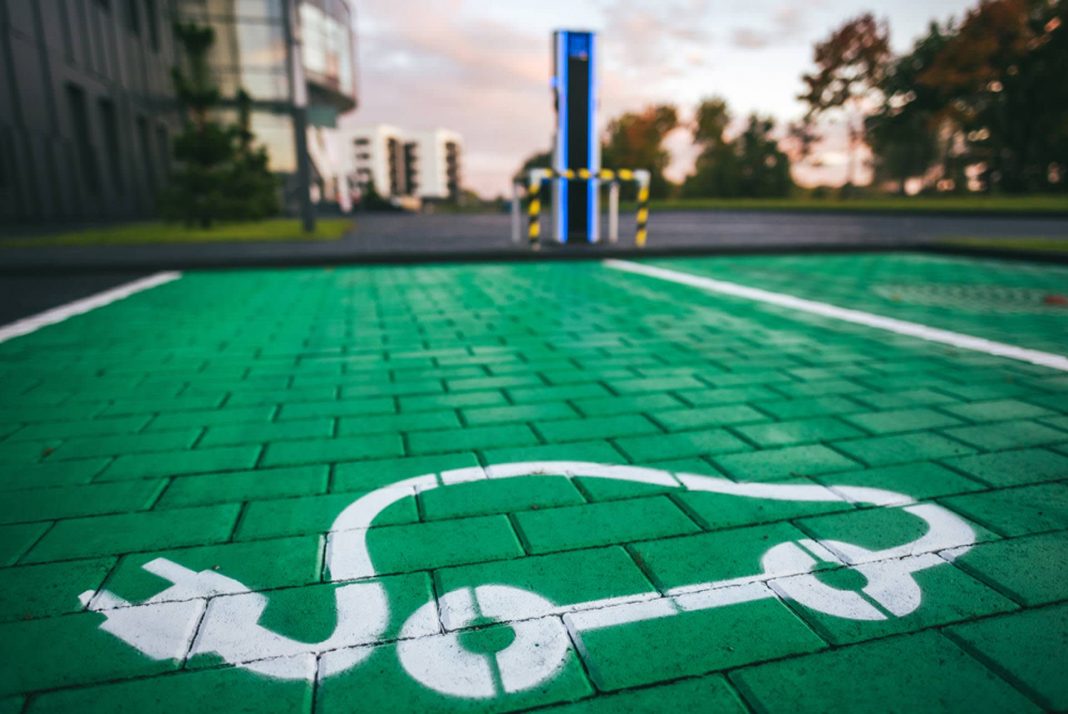Thinking about going electric? We don’t blame you. Electric vehicles (EVs) are the future of driving and key to a zero-carbon future.
Despite their reputation for being expensive, EVs are becoming increasingly affordable for businesses.
When you consider the total cost of ownership (TCO) – that’s the upfront cost and all running costs such as insurance, fuel, and tax – EVs are often the most cost-effective option for a fleet.
What’s more, there are many grants, subsidies and incentives available to help boost your budget.
We update this list every few months to make sure you’ve got the guidance at your fingertips.
Grants for electric vehicles
The plug-in car grant was dropped in June 2022 as government funding was shifted to focus on charging and other vehicles. The following vehicle grants remain active:
Plug-in small van grant
35% of the purchase price, up to £2,500 (only available for a total of 1000 plug-in van and trucks for your business or organisation each year. This limit resets every year on 1 April).
Plug-in large van grant
35% of the purchase price, up to £5,000 (only available for a total of 1000 plug-in van and trucks for your business or organisation each year. This limit resets every year on 1 April).
Other vehicles
Grants are also available for the following vehicle types:
- Wheelchair accessible vehicles
- Motorcycles
- Mopeds
- Taxis
- Small trucks
- Large trucks
Here’s a list of all eligible vehicles and criteria for the plug-in vehicle grants.
Grants for EV charge points
EV chargepoint grant
In April the EV Homecharge Scheme (EVHS) was replaced by the EV chargepoint grant. The EV chargepoint grant provides funding of up to 75% towards the cost of installing EV smart chargepoints at domestic properties across the UK and is split across several schemes:
- EV chargepoint grant for flat owner-occupiers and people leaving in rented properties
- EV chargepoint grant for landlords
- EV infrastructure grant for residential car parks
- EV infrastructure grant for staff and fleets
The EV infrastructure grant for staff and fleets is eligible for companies with 249 employees or less looking for help with the cost of installing infrastructure for EV chargepoints in parking reserved for their staff or fleet. This grant can also be used in conjunction with the Workplace Charging Scheme (below).
Guidance for each scheme can be found on the Government website.
Workplace Charging Scheme
Up to £350 per socket (40 sockets max) off the cost of a charge point and installation. Maximum possible grant of £14,000.
Grant scheme eligibility and guidance can also be found on the Government website.
Additional incentives
Lower Benefit-in-Kind tax – cars
EV company car drivers pay less Benefit-in-Kind (BiK) tax (also known as Company Car Tax (CCT) rates). These will be 2% for 2022/23, 2023/24,2024/25, before gradually increasing to 3% in 2025/26, 4% in 2026/27, and 5% in 2027/28.
0% Vehicle Excise Duty (VED)
Until 2025, pay no VED (otherwise known as road tax) for EVs. This includes EVs which cost more than £40,000.
From April 2025, electric cars, vans and motorcycles will begin to pay VED in the same way as petrol and diesel vehicles.
Find out more about vehicle tax rates.
Reduced Van Benefit Charge
Since April 2021, a nil rate has been applied to zero-emission vans within Van Benefit Charge.
Tax relief for electric charge points
EV charge points may be eligible for the super-deduction, announced during the Spring Budget 2021. Because charge points are considered plant and machinery, businesses can claim for capital allowances, such as the 130% super-deduction, for investment in electric charge point equipment.
This allowance will run from 1st April 2021 until 31st March 2023.See conditions.
First Year Allowance for Electric Vehicles Charge Points
The government will also legislate in the Spring Finance Bill 2023 to extend the 100% First Year Allowance for electric vehicle chargepoints to 31 March 2025 for corporation tax purposes and 5 April 2025 for income tax purposes.
Details can be found on the Government website.
Other benefits
Electric vehicles may also enable you to take advantage of other benefits, including:
- Exemption from fees in the London Ultra Low Emission Zone and Clean Air Zones in other cities
- Free parking in certain locations
- Potentially reduced running costs due to electricity typically being cheaper than petrol or diesel as Fuel Duty is not applied
- Tax exemptions for workplace EV charging under certain conditions
Drax can support you in finding out what grants, subsidies and incentives are available for your business fleet. Get in touch today.




